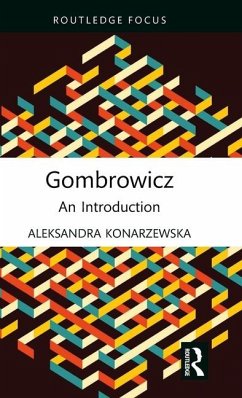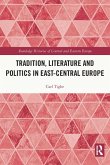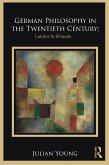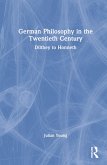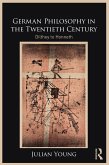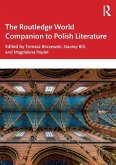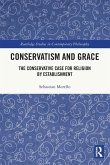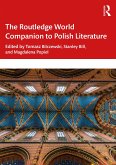This book is a short introduction to Witold Gombrowicz's life and work as one of the most prominent figures in twentieth-century literature and theater, providing intertextual perspectives that allow readers to analyze his short stories, plays, and novels in broad contexts.
Gombrowicz (1904-1969) was a writer and philosopher whose experimental literary works belong to the stream of European existentialism and simultaneously mark the birth of postmodernism. In Gombrowicz's grotesque universe, there is no separation between literature, biography, sexuality, and philosophy. His novels, including Ferdydurke, Trans-Atlantyk, and Pornography, contain autobiographical elements, whereas in his renowned Diary, daily life becomes an object of sophisticated philosophical reflection that links introspection with humor and a gift for observation.
Gombrowicz: An Introduction is an approachable guide for students and instructors of Slavic literature and culture, comparative literature, philosophy, and theater studies.
Gombrowicz (1904-1969) was a writer and philosopher whose experimental literary works belong to the stream of European existentialism and simultaneously mark the birth of postmodernism. In Gombrowicz's grotesque universe, there is no separation between literature, biography, sexuality, and philosophy. His novels, including Ferdydurke, Trans-Atlantyk, and Pornography, contain autobiographical elements, whereas in his renowned Diary, daily life becomes an object of sophisticated philosophical reflection that links introspection with humor and a gift for observation.
Gombrowicz: An Introduction is an approachable guide for students and instructors of Slavic literature and culture, comparative literature, philosophy, and theater studies.
"Konarzewska succeeds in interpreting the most famous texts of Gombrowicz and, by linking them with European cultural history, lifting the mask of this literary chameleon and his hidden gay life. A good read for anyone who enjoys the subversion of the national and has a penchant for the grotesque."
Alexander Woell, Chair of Culture and Literature of Central and Eastern Europe, University of Potsdam, Germany
Alexander Woell, Chair of Culture and Literature of Central and Eastern Europe, University of Potsdam, Germany

